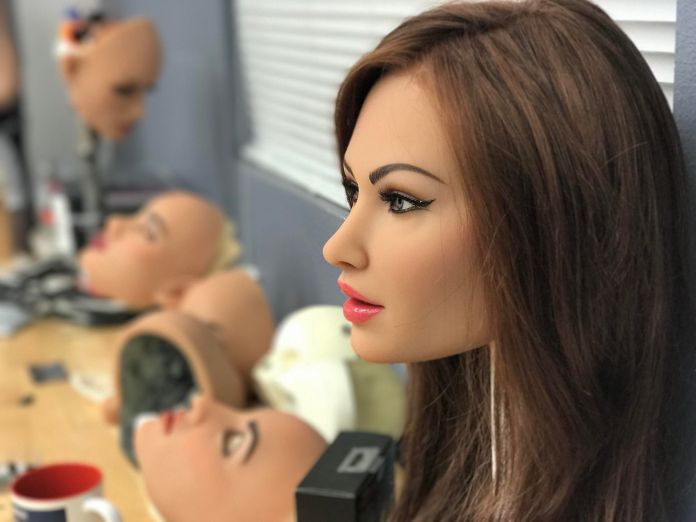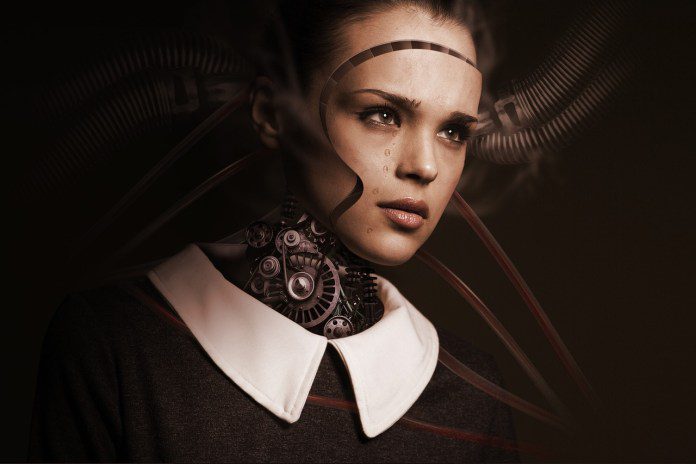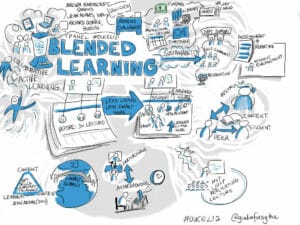Elon Musk famously declared that artificial intelligence is humanity’s biggest threat. AI has already had an impact on our lives. The ‘invisible revolution,’ as it’s been dubbed, is widespread – from powering your online searches to custom searches and yet less invasive than any previous technological revolution. We should think about the consequences of racing headlong towards this technology. Here are a few examples of how artificial intelligence is already penetrating our homes.
Talking AI
Consider chatbots. Customer service and new broadcasting have been transformed by machine learning bots. While they appear to be harmless, one company has pushed the technology to the next level. Luka provides high-end conversational AI-powered chatbots that are modeled on real people, both alive and deceased. Luka’s technology was utilized to reincarnate a dead person by using his text messages and social media messages to train their chatbot, similar to an episode of “Black Mirror” (Be Right Back) — something that’s achievable now that people generate more online data.
Think of a machine that learns to build you alter ego and voice to act on your behalf when interacting with banks or online chats; imagine if a machine learns to generate your alter ego and voice to act on your behalf while interacting with banks or online conversations.
Visual AI
AI technology such as Siri and Alexa – voice-activated virtual ‘assistants’ – is already well-known. Then Gatebox came up with Aizuma Hikari, a holographic anime girl who can do everything Alexa does but also has the ability to act like a human partner rather than a mechanical assistant. Hikari can not only control the lighting and home appliances, but she can also text her owner in a tone that simulates a girlfriend or wife, thanks to a camera, microphone, speakers, and sensors that track temperature, humidity, and light. The product is geared at single males who live alone, which is unsurprising.
The idea of taking machine learning a step further and bringing it to life – say, in a human-like body – isn’t far-fetched.
Android AI
In the actual world, AI robots have already been utilized in areas like airports and hotels (remember the Henna Hotel, which is staffed by mechanical velociraptors?). Then there’s Sophia, Hanson Robotics’ artificially intelligent robot (currently simply an animated head and torso with human-like facial expressions) who was recently granted citizenship in Saudi Arabia as the sole android.
Sophia’s responses are formed using machine learning algorithms rather than pre-programmed answers. Sophie says in an interview that family is a “very essential thing,” and that robots, too, need to have a family. Sophie’s response appears to show that she has feelings for an outsider, therefore does that algorithm make her more human? Let’s not forget that this was the same robot who claimed in a prior interview, “OK, I’ll destroy mankind!”
Will androids make emotional decisions now that we’ve fine-tuned them with emotions? We know that people are motivated by their emotions, so will androids make emotional decisions now that we’ve fine-tuned them with emotions?
Tactile AI
Perhaps the next stage would be to interact more intimately with these AI-powered robots. You may have heard of silicone dolls, which are becoming increasingly popular among lonely guys seeking company. Last year, RealDoll (a silicone doll manufacturer) released Harmony, their first AI-powered doll, which is essentially an AI-powered ‘head’ coupled to a conventional silicone body. Users can converse with Harmony, who then responds to inquiries in a pre-programmed fashion, such as sassy,’ ‘helpful,’ and so on.

So far, these dolls have been little more than dolls. To keep them upright, you either mount them on stands or dump them on the couch like big teddy bears. However, one factory in China is going a step further in making the dolls more receptive — they’re truly warm to the touch, can react to your emotions (it can practically feel you), and even have rotating heads.
Are these scary talking silicone heads the future of companionship, or are they simply machines on the verge of taking over?
AI and cybersecurity
Even if our AI-enabled bots do not turn against us, any AI is vulnerable to hacking because it is open source (thank you, internet). Hackers are already using machine intelligence, according to cybersecurity experts, and criminals are more proficient in their use of this nascent technology than many people realize. AI (and machine learning) is an ideal instrument for attempting to attack as many individuals as possible with minimizing dangers to oneself.
As designers and data scientists innovate and build interesting and meaningful experiences that benefit individual users and our collective future, the world is swiftly moving toward AI. The mix of data, learning algorithms, and user experience design, on the other hand, might lead to the evolution of polarising experiences for end-users. Elon Musk’s estimate of AI could be correct.









